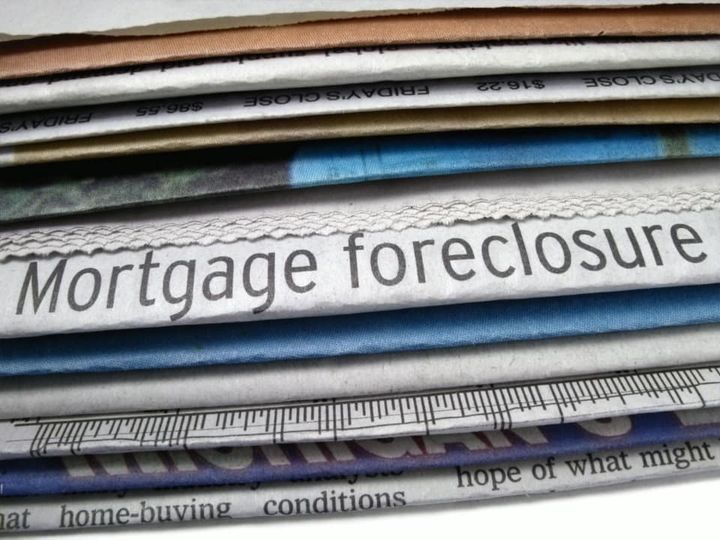Many claim that foreclosures are a thing of the past. While it’s true that foreclosure filings have dropped significantly since 2010 (78%), it’s also true that many states, including Florida, saw an increase in “foreclosure beginnings” in 2018 – this refers to the initial late notices sent to owners who have become delinquent on their mortgage payments.
Foreclosures occur as a result of a homeowner’s inability to pay their mortgage, no matter the reason. Some banks have overly, streamlined processes that tend to ignore the borrower throughout the process while others take more detail into account. But no matter how well the process is handled, the fact of the matter is that banks do NOT want to have to foreclose. The reason: banks are not in the business of managing real estate.
Unfortunately, this simple truth is often misunderstood. Many professionals, including real estate agents, consultants and attorneys, are known to underestimate banks and hinder any process that could potentially save the homeowner. Enters: the short sale.
A short sale is a sale in which the seller has experienced some hardship and is in need of obtaining lender approval to conclude the sale of the property, which is valued at less than the amount owed. In this instance, the proceeds from the sale will not cover the outstanding mortgage debt, which is a terrible outcome for the bank…but it is quite often a viable option.
El proceso de venta short sale puede ser un poco complicado. However, the thing to remember is that the lender needs a very good reason why not to expect or pursue a full payoff of the current loan balance. In most cases, the borrower (owner) can demonstrate his/her inability to repay the debt due to hardship. En un esfuerzo por evitar la ejecución hipotecaria, el propietario puede optar por vender la propiedad y solicitar una aprobación del prestamista para liberar la hipoteca mantenida sobre la propiedad con el fin de efectuar la venta. Of course, in doing so, the lender acknowledges that it will be at a loss. On the other hand, if the offer for the purchase of the property is at (or near) market value, the lender may be inclined to accept, knowing that if the property were foreclosed, the lender will eventually sell the home for the same price some time in the future (and many legal fees later.) And there are ways to calculate those costs and ways to present your case to your lender.
How do I know this? I am en ex-corporate banker. I underwrote real estate and analyzed short sale transactions even before they became a trend. I founded the department that handled “REO” and short sales and met with bank shareholders to report on asset disposition and suggest plans of action. I drafted policies and procedures to help two banks navigate through the most trying of economic times. As a result, I gained a deep knowledge of this process and how it affects all parties.
Bear in mind that short sales only exist when the amount owed exceeds the market value of the home – also referred to as being “upside down.” In all other cases, the bank will expect to be paid in full. And in an economy like ours, where the real estate market has recovered and continues to show signs of steady growth, it is very likely you can sell the home and pay off your loan without having any issues. You may not make the spread you were hoping to gain when you first bought and/or financed, but you will avoid a myriad of financial and legal issues if you do.
Admitting you could be in danger of losing your home is VERY difficult to do. But coming to terms with the facts will help you in the long run. It could save you from obliterating your credit and receiving a civil judgment. There is no reason to put something like that off – not when you have options and opportunities to become a homeowner again.
Foreclosure activity and stats were reported by the Year-End 2018 US Foreclosure Market Report released by ATTOM Data Solutions.

![Black-and-Gray-on-White-[Converted]](https://featuredre.com/wp-content/uploads/2019/01/Black-and-Gray-on-White-Converted-1024x410.png)